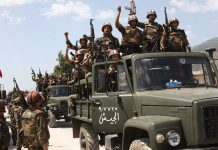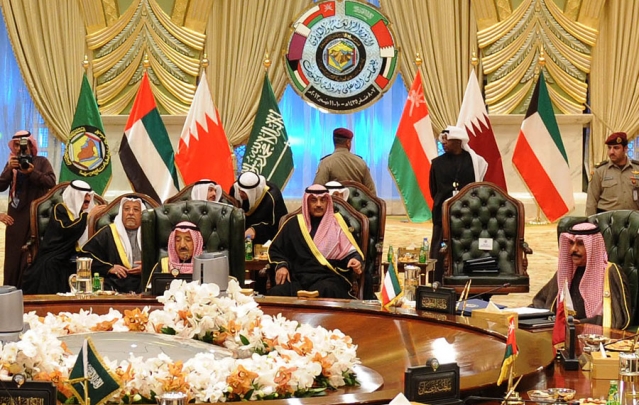Media hysteria over Russia and Syria
Maria Dubovikova/Al Arabiya/September 10/15
The opening of the 70th U.N. General Assembly on Sept. 15 will likely be occupied by two issues that are currently making headlines: the refugee crisis, and reports that Russia is preparing for direct involvement in the Syrian war. Public opinion blames the regime of Syrian President Bashar al-Assad for the refugee crisis, with hundreds of thousands heading to Europe (although the deaths of thousands leaving from Libya have been overlooked).The current hysteria is odd because Russia had previously been asked to join the international coalition against ISIS. Regarding reports of Russian involvement in Syria, it has been involved practically since the beginning of the conflict. Russia has a naval base in Tartus that was modified years ago to make it capable of receiving large ships. It is also a key supplier of military hardware and training to Damascus.
No reason
Without this aid, the Islamic State of Iraq and Syria (ISIS) would have captured the capital long ago. Russia sees no reason to cancel its military contracts with Damascus until ISIS is defeated and the Syrian conflict is resolved by political means. The number of Russian landing crafts has practically stayed the same, yet the media is creating a frenzy. Any demands to stop military aid in the current circumstances will be perceived by Moscow as unpronounced support for ISIS and proof that the West only seeks to topple Assad.
The current hysteria is odd because Russia had previously been asked to join the international coalition against ISIS. Since Moscow has made clear that it sees Assad as part of the solution in the fight against ISIS, why is the media trying to portray Russian involvement as against the rebel Free Syrian Army (FSA) rather than ISIS? Moscow is unlikely to put boots on the ground or considerably expand its military presence in Syria. It still remembers Afghanistan, and has vivid examples of failed U.S. interventions. Furthermore, direct involvement in Syria would be too risky given its problems in the Caucasus. The only way it could be involved directly in operations against ISIS is via airstrikes, and only if Assad is acknowledged as part of the solution, which is the only way to stop the refugee crisis and give hope to those who have lost it. However, Syria is part of the solution to the refugee crisis, not the solution itself. After Syria, we will have to deal with Libya.
Can the GCC test Iran’s government?
Manuel Almeida/Al Arabiya/September 10/15





















